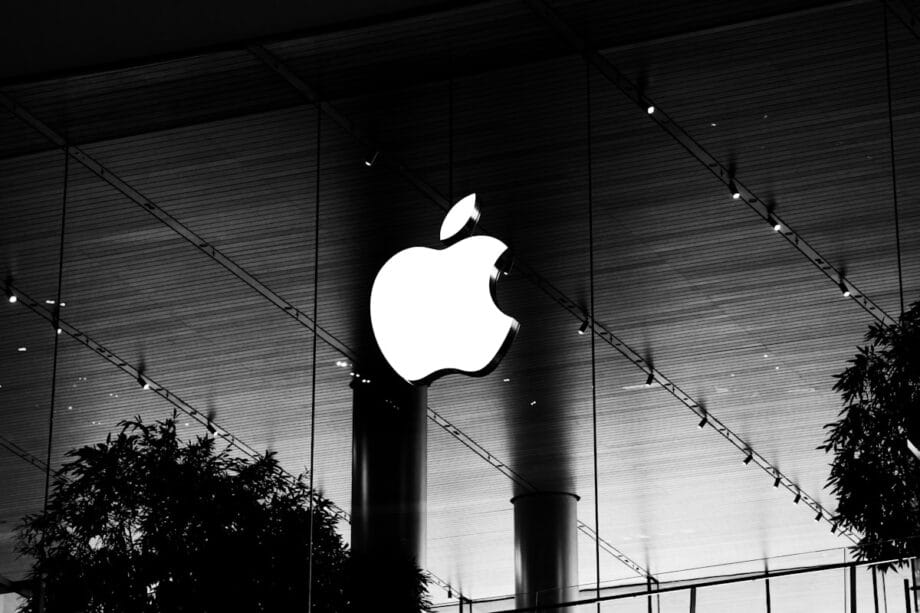Unfolding Tensions Surrounding App Tracking Transparency in Europe
While Apple may not overtly articulate its concerns, mounting tensions loom large. For weeks, the technology giant has been closely monitoring developments in Italy and other European capitals with notable alarm.
Ironically, the battleground for user privacy might be witnessing a compelling inversion, primarily centered around a widely recognized feature: App Tracking Transparency (ATT).
This mechanism prompts users with a straightforward query regarding permission for apps to track their activities across different platforms, meticulously cataloging behaviors, habits, and locations. A mere pop-up—yielding either a ‘Yes’ or ‘No’—has successfully altered the dynamics of digital advertising.
Apple’s public assertion is unequivocal: “At Apple, we believe privacy is a fundamental human right. We created App Tracking Transparency to empower users with control over whether companies can monitor their activity on other apps and websites.”
The tech behemoth maintains that ATT was conceived to furnish individuals with immediate and direct oversight of their personal data. Moreover, they claim this feature has met with applause from consumers, privacy advocates, and a significant segment of civil society.
However, the latter part of their announcement poignantly encapsulates the prevailing atmosphere: Not unexpectedly, the tracking industry continues to resist our initiatives aimed at granting users greater data control.
Now, intense lobbying efforts in Italy and other European nations may compel us to retract this feature, ultimately disadvantaging European consumers.
We will persist in advocating to the relevant authorities in Italy and throughout Europe to ensure that Apple can continue to offer this vital privacy tool to our users.
Italy, it seems, serves as the epicenter of formidable pressure against one of the most cherished functions within the iOS framework.
Yet, a more unsettling reality pervades beneath the surface. In essence, App Tracking Transparency has emerged as the principal adversary for ad tech companies reliant on the systematic aggregation of data, creating intricate consumer profiles while tracking users seamlessly across various applications, websites, and even physical services.
Prior to 2021, when ATT was nonexistent, silent tracking prevailed—users remained oblivious, uninformed, and devoid of agency. With the introduction of a single pop-up, this paradigm has been drastically transformed.
Statistics elucidate why this notification has become emblematic: a recent study commissioned by Apple reveals that a striking 75 percent of iOS users endorse ATT, and a comparable proportion of Android users expresses interest in similar functionality on their devices.
Understandably, for entities that thrive on data exploitation, this represents a colossal challenge. Within Italy, there are advocates pressing antitrust authorities for a suspension of ATT, reiterating a familiar argument: existing consent banners dictated by GDPR and e-Privacy suffice, posing the risk of the Apple pop-up being a redundancy or, worse, an impediment to competition.
Cupertino counters that the reality is quite the opposite; the consent windows employed by major advertising firms are often intricate and layered with dark patterns, graphical elements designed to manipulate users into clicking ‘Accept.’

A European analysis cited by Apple asserts that 57 percent of consent banners across the continent contain features that nudge users towards options unfriendly to their privacy.
However, this issue transcends mere privacy concerns and encroaches upon competitive dynamics. Detractors argue that ATT disadvantages developers while favoring Apple.
In response, Cupertino staunchly rebuts the claim, clarifying that they operate under the very same regulations, emphasizing that their platform does not present the pop-up since they do not engage in cross-app tracking.
Apple does not monetize data nor rely on external information for its advertising assessments. On the contrary, the firm proactively solicits users’ additional consent to utilize first-party data for the personalization of advertisements on its platforms, an obligation unnecessary for other developers.
Source link: En.ilsole24ore.com.





